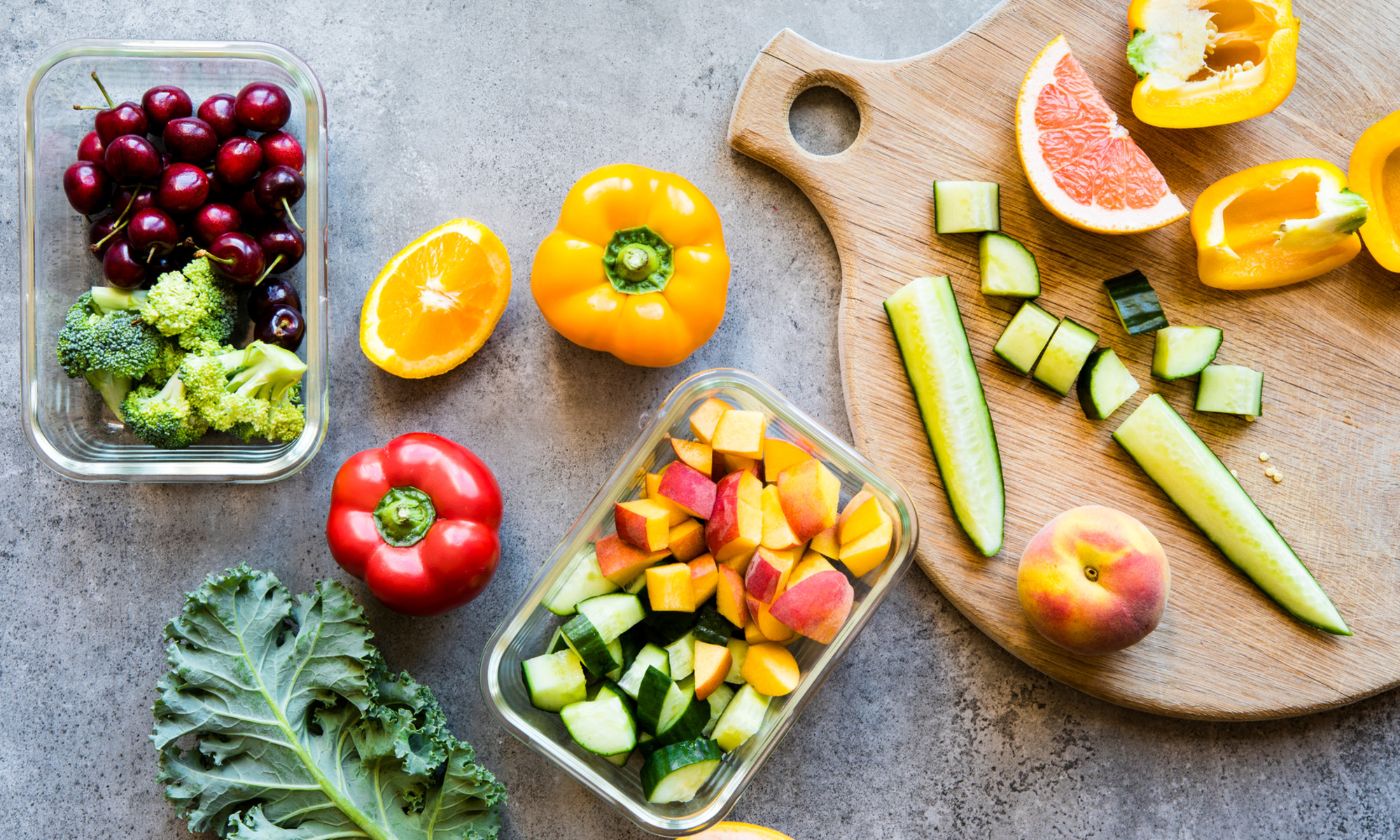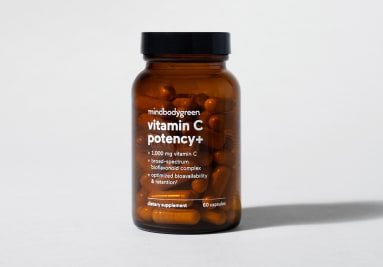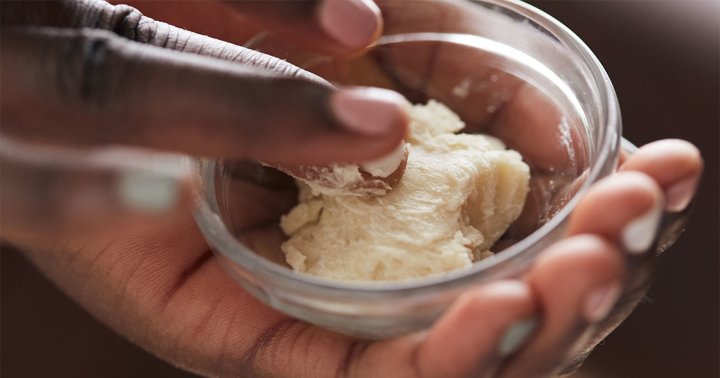Cutting Back On Red Meat? Make Sure You Do This To Stay Healthy
If you're going plant-based, read this.


mbg Assistant Beauty Editor
mbg Assistant Beauty Editor
Hannah Frye is the Assistant Beauty Editor at mindbodygreen. She has a B.S. in journalism and a minor in women’s, gender, and queer studies from California Polytechnic State University, San Luis Obispo. Hannah has written across lifestyle sections including health, wellness, sustainability, personal development, and more.
Image by Nadine Greeff / Stocksy November 26, 2022 Whether it be a budding New Year's resolution or an overarching lifestyle shift, cutting back on red meat may benefit your heart health (depending on your personal cardiovascular status) and the environment—especially with the current state of the climate. However, there are a few things to keep in mind during this transition, including your iron intake. Red meat is notably rich in iron (especially the highly bioavailable heme form of iron), but so are plenty of other foods. To follow, find a few ways to up your consumption, plus one must-know tip to make sure you’re actually reaping the benefits of the iron you consume. 
Advertisement
This ad is displayed using third party content and we do not control its accessibility features.
The best iron-rich vegetarian foods.
If you’re trying to figure out how much iron is the “right” amount of iron, know this: Women need more than twice as much iron daily as men. The Recommended Dietary Allowance1 of iron, according to the National Academies, is 18 milligrams for women (27 grams during pregnancy) and 8 milligrams for men.
If you're dealing with low iron status (and stores), then your needs will be even higher for several months until iron stores can be re-established.
While you don’t need to count every speck of iron going into your body to ensure you have enough, you should be mindful of what foods you’re consuming and be sure to add some iron-rich picks to each meal.
To make your grocery trip a bit easier, here’s a quick list of iron-containing foods, sans red meat.
Advertisement
This ad is displayed using third party content and we do not control its accessibility features.
For more specific iron content information for various foods, check out the Food Search tab on the U.S. Department of Agriculture2 website.
PSA: You need adequate vitamin C, too.
A quick refresher: there are two types of iron, heme and non-heme iron, which come from different sources. Heme iron comes from animal sources (think meat, fish, and poultry), while non-heme iron comes from both plants and animals. The latter category, which plant sources of iron fall into, isn't as easily absorbed as animal-sourced iron.
So if your diet is largely plant based (and therefore most of your iron comes from plants) you may have a bit of a harder time absorbing enough iron to hit optimal levels. However, there’s one essential nutrient that can assist this process: vitamin C.
Vitamin C helps to enhance the bioavailability of all iron, including non-heme iron.* Translation? The presence of vitamin C makes non-heme iron more easily available for the body to absorb and use.
Additionally, vitamin C optimizes the uptake of iron from transferrin (the protein that transports iron through the blood) ensuring that iron is not only absorbed properly but also efficiently distributed throughout the body.* So in order to use your iron to its full potential, you'll want to be mindful of your vitamin C intake as well.
Advertisement
This ad is displayed using third party content and we do not control its accessibility features.
The takeaway.
When you begin to move away from red meat, it's important to be mindful of your iron intake. And especially if you’re getting non-heme iron from plant-based foods, it’s essential to get adequate vitamin C as well. A vitamin C supplement is a great place to start—here’s a curated list of the best options, all backed by a nutrition Ph.D.
If you are pregnant, breastfeeding, or taking medications, consult with your doctor before starting a supplement routine. It is always optimal to consult with a health care provider when considering what supplements are right for you.

 Fransebas
Fransebas 

































